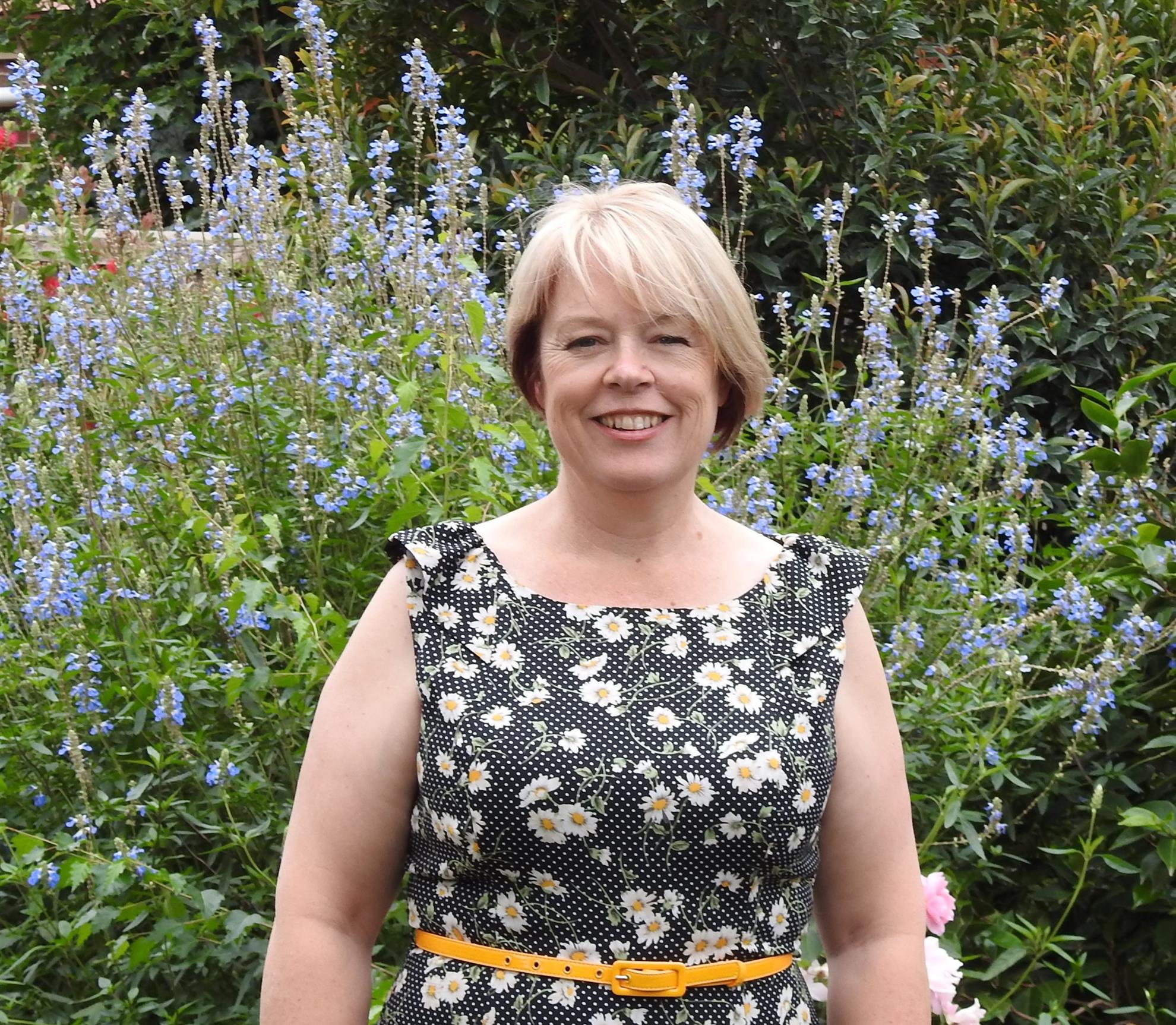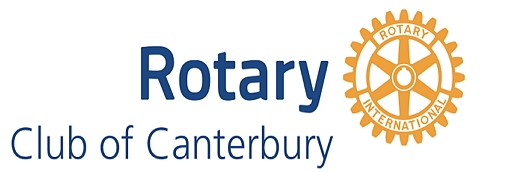
On Monday, we were visited, via Zoom, by Toni Arfaras, giving her first online presentation as an ambassador for the Stroke Foundation’s StrokeSafe speaker team.
After hiccups in starting through a wrong zoom number, Toni opened with the statement- “In September 2013 at the age of 46, my life changed I fell against the wall at home and my life changed”. I felt we were going to hear a powerful story and we certainly did.
By knitting seamlessly together her journey and the pictures and stats in the slides, Toni explained, that whilst she waited a few days because she just felt so tired, it is important to act quickly in stroke, as special clot buster drugs can be given in the blockage type need to be administered within 90 minutes to maximise recovery. For every 15 minutes of delay after stroke, brain cells the size of a pea die, which arises from a clot blocking a blood vessel or an artery/vein bursting open (haemorrhagic stroke). The brain cell death occurs through lack of oxygen. A TIA (Transient Ischaemic Attack) are short term stroke where the body is able to right itself, but are signs that a stroke may be coming. Toni has subsequently had three of these, and is to be investigated later this week for another. By 2050 there will be 1 stroke every 4 minutes occurring in Australia, which is why Toni wants to help people at risk and also encourage support for research.
Toni explained that her life has changed drastically since 2013. She has not and will not be able to return to primary school teaching, does not drive for risk of having a stroke whilst at the wheel, cannot read books through loss of continuity in the plot and misses her hobbies of intricate knitting and cross stitch. Fatigue is a real problem through sensory overload- Toni had rested up for our talk and did not expect to do much the next day after the talk (which made me feel really guilty we had put her under stress in accessing our Zoom point - sorry Toni). Similarly, if the supermarket shopping takes too long, her words slur, her concentration and decision making capacity wane, which linked to Toni teaching us the FAST Acronym for stroke - Face (has one side dropped a little?), Arms (can they be raised equally and straight?), Speech (is diction slurred) and Time (don’t delay accessing medical assessment). Whilst stroke risk is greater for some ethnicities and as we age, healthy eating (look out for hidden salt), exercise, regular health checks - especially keeping blood pressure near 130/80 - less alcohol and not smoking are factors where we can reduce our likelihood of experiencing stroke.
Toni revealed telemedicine had improved care in regional areas, and that The Royal Melbourne Hospital now has a special stroke ambulance specially equipped to attend if your event is within 20 km of Parkville. There were deep and probing questions from members and the Zoom chat column showed that this talk was much appreciated by members. Donations to The Stroke Foundation are always welcome (although Toni’s pitch was very gentle).
Thank you Toni for sharing your very moving story with us. You are brave and bold and we are all in your debt for helping us to avoid a stroke, know the symptoms if we or our close contacts do experience a stroke, and admire your drive and vivacity in living so well after your experiences. We hope your medical assessment this week goes well

